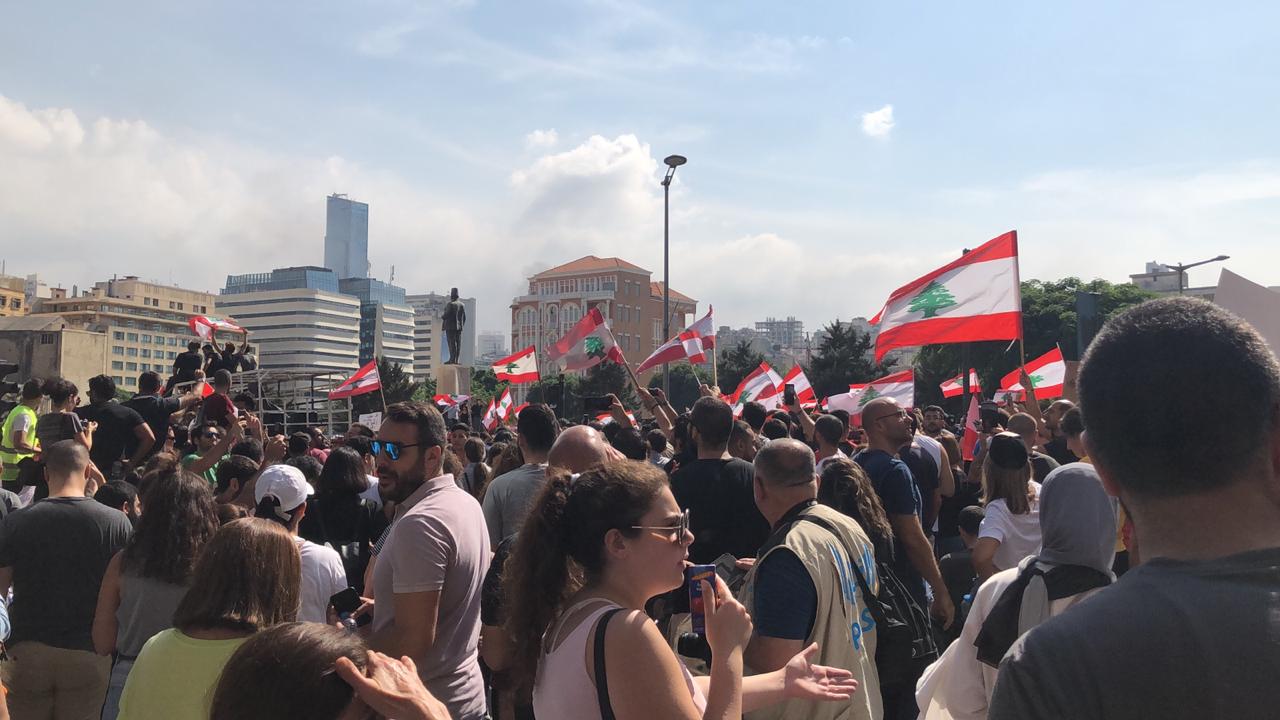Protests erupt in Lebanon over deep economic troubles

A few minutes every morning is all you need.
Stay up to date on the world's Headlines and Human Stories. It's fun, it's factual, it's fluff-free.
Lebanon has seen deep economic troubles since its currency, the Lebanese pound, plummeted in value by more than 50% in about six months, leading to soaring inflation and high unemployment. Banks have been the target of demonstrations due to the strict capital controls imposed, which have prevented withdrawals of United States dollars.
However, while the Lebanese pound (also known as the Lebanese lira) has been pegged to the US dollar since 1997, the Lebanese do not rely on their local currency, preferring the use of US dollars instead.
Late last year, Lebanese around the country were reportedly converting their cash savings to luxury goods after learning of the foreign cash withdrawal limits. One Lebanese woman rushed out to buy a US$10,000 Rolex watch on her credit card. “It’s better than keeping my money in the bank,” she said.
In the city of Tripoli, the largest city in northern Lebanon and the second-largest in the country, fireworks were thrown at soldiers who fired rubber bullets in pushback. Meanwhile, in the south and third-largest city of Sidon, demonstrators set a central bank building ablaze with petrol bombs.
The latest wave of protests comes after the local currency took another plunge, increasing the financial burden of the import-dependent economy. Furthermore, poverty was already at 50% earlier in 2020. However, it has only worsened since the lockdown implemented in mid-March, with Social Affairs Minister Ramzi Moucharafieh estimating that 75% of the population require aid in the country.
After defaulting on its debt last month, the nation is in the midst of finalizing an economic rescue plan which it hopes will allow for cash for imports.
[article_ad]
Have a tip or story? Get in touch with our reporters here!
Sign up for daily news briefs from The Millennial Source here!




Comments ()